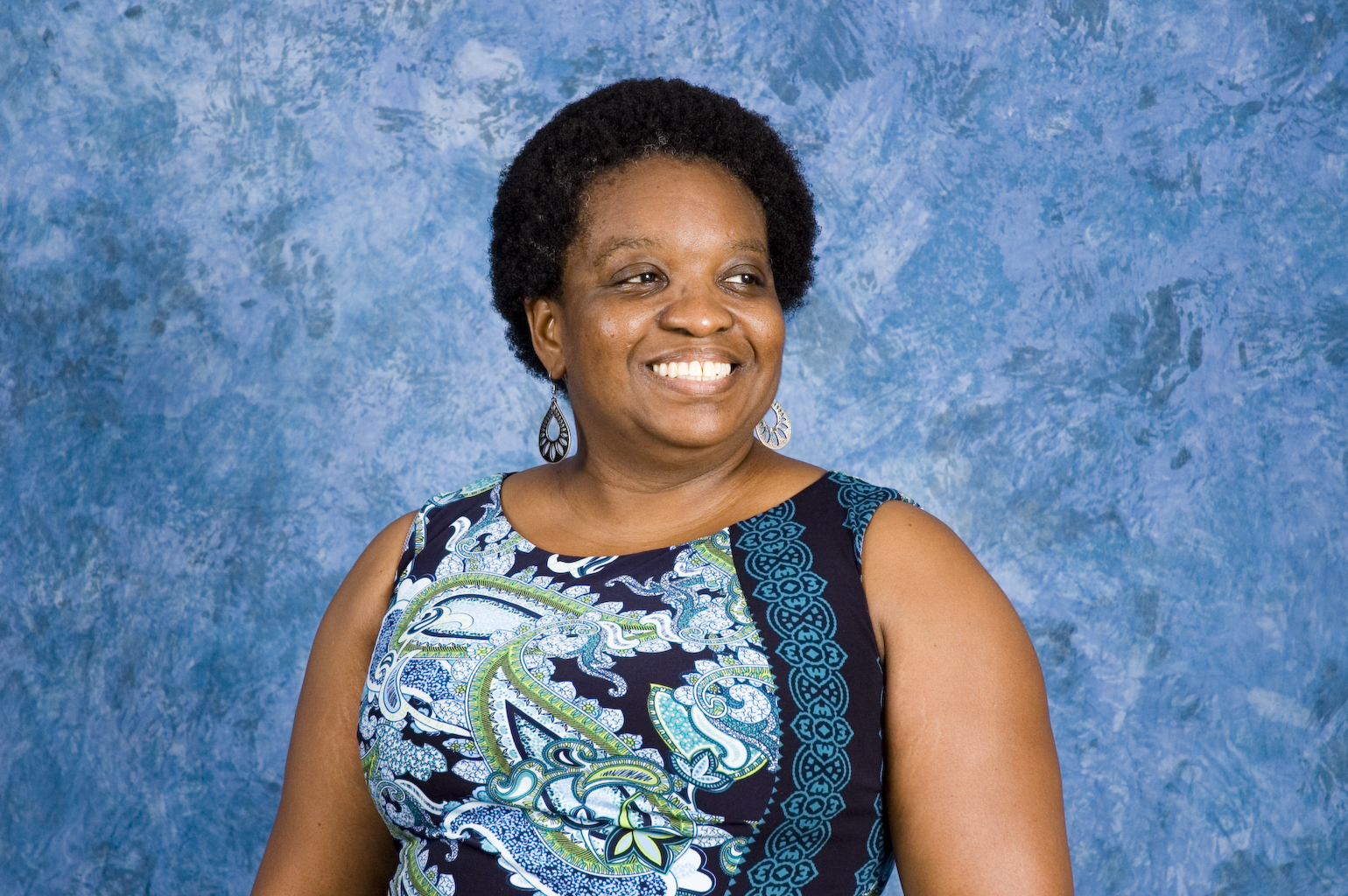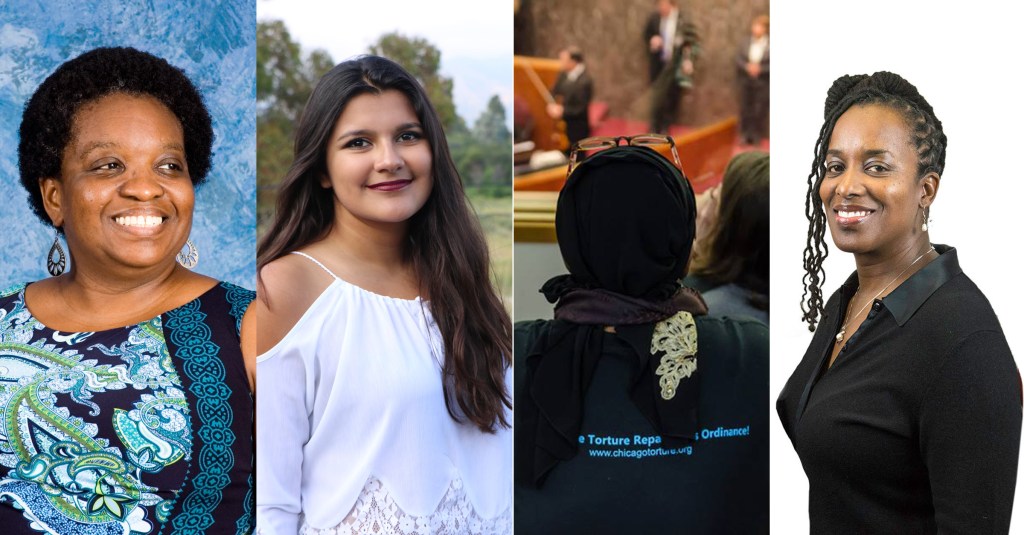Years from the next presidential election and more than 14 months removed from the 2018 midterms, liberals and leftists are locked in battle over which Democratic candidates—if any—deserve their support.
Everyone involved in this debate is opposed to Donald Trump and the Republican Party; everyone favors far more progressive policies than this administration’s. One question is whether leftist critiques of black politicians like Kamala Harris and Cory Booker are a cover for prejudice—or at least disregard for people of color.
Videos by VICE
That argument turned especially bitter last week, with major Democratic figures accusing the left of singling out Harris in particular because of her race and leftists arguing that their concerns were about policy. Writ large, this can be seen as a struggle between the Bernie Sanders and Hillary Clinton wings of the Democratic Party: the former emphasizing economic redistribution, the latter speaking more specifically to injustices faced by black people, women, immigrants, and others marginalized under Trump, without emphasizing the basic distribution of wealth.
The centrist critiques of the left as white- and male-dominated stretch back years; today, leftist arguments against prominent Democrats of color are often painted as thinly veiled bigotry. The central charge is that socialism reflects the worldviews of white men at the expense of women, people of color, immigrants, and queer communities: hence pejoratives like “Bernie Bro” and “alt-left.”
But the American left’s organizing, scholarship, and activism on the ground has historically been led by women and people of color. For more than a century, the “radical left” banner has signified socialism—but it’s also meant radical women’s movements, queer political action, and black liberation.
To explore the intersections of race, gender, and the left, I asked four leftists of color—organizers, activists, and elected officials—about their work and what it had taught them. Here’s what they told me:
Mariame Kaba

Mariame Kaba is a New York City–based organizer and educator. Her work focuses on ending violence, dismantling the prison industrial complex, transformative justice, and supporting youth leadership development.
This is a white supremacist, racist, patriarchal, transphobic country. In that context, everything that exists in the world is seen in its center as a white, male, cisgender, straight narrative. Everything gets processed through that idea.
It’s not surprising to me that when people talk about the left, they’re talking about white men who are straight. And I don’t see myself as someone who feels like they need to argue that in any sort of way. My energy is better spent doing organizing that I think matters.
But I think it matters that we are radically inclusive in how we think about the left in this country. We have to include race and gender and sexuality and class as markers that facilitate or impede your participation in anything. If you are a poor, black, a lesbian or trans mother, it would be very, very hard for you to spend a whole lot of your time doing organizing. And that is why a lot of people who can afford to spend a lot of their time organizing are people who have more advantages. That’s a big thing that we have to get real about. And if we want people to organize and have the ability to organize, we have to shift a lot of things in order to be able to meet people’s needs in a way that allows them to do so.
White folks have been organizing forever in this country. White men have been organizing. I don’t see this as a new wave in the least. It may be something that some people are talking about in a different way, or more. It’s going to take time to see how that plays out and whether there’s anything to it. I’m not sure what I think about the way that that’s framed—these folks who are very loud on social media, what are they organizing for?
Brandy Brooks

Brandy H.M. Brooks is a candidate for Montgomery County Council in the 2018 elections and the leadership development organizer for Progressive Maryland.
Our whole society is still oriented toward being white, male-centric. In progressive circles, we have to make sure that we are acutely aware of that tendency of the society that we live in, and that we are constantly countering it.
I think the way we treat these things is that when a white man says them, they suddenly become important. All of a sudden, economic justice becomes a white, progressive narrative, as opposed to, “Hey, we’re finally catching on to something that’s been going on for decades in these communities!”
In expanding who’s talking about economic or environmental justice, one of the dangers is that we forget who’s been talking about this. I remember going to an event and hearing someone say, “Gosh, it was so surprising to hear communities of color are on the forefront of climate change work.”
Of course these communities are on the forefront of this! They are the most affected communities, having to fight back against this every day! This isn’t some intellectual idea. This is about survival!
We operate out of this place where we assume it’s a zero-sum game—where if a policy helps, say, Latina women, no one else is going to get anything out of that. That’s part of the framework of capitalism. We end up fighting over table scraps as opposed to taking the meal.
I’ll speak as an African American woman. The way that people assume my vote has incensed me for a long time. My entire voting life has been the lesser of two evils. That is not an OK argument for me anymore—mostly because it’s not getting things for our communities. African Americans go out and vote in droves for Democrats who incarcerate us. There has got to be something beyond that.
If we realized how much power we have, we would flip this table! The power that currently controls both parties is not going to turn over that power to progressives, it’s not going to turn over that power to immigrants, it’s not going to turn over that power to women of all colors and kinds, without a demand. It’s not going to yield itself up without us organizing and requiring that it listens to us.
Jovanka Beckles

Jovanka Beckles is vice mayor of Richmond, California, and sits on the Richmond City Council.
We, now, can’t afford to be moderate, I’m afraid. The opposite approach to the radical right has to be a radical left. We can’t sit in the middle. The right is not sitting in the middle. We have to be further to the left than we are, because we have to create radical policies
We can no longer compromise on the ways that the criminal justice system unfairly targets people of color. We can no longer compromise around our healthcare. These are things that we have to take radical positions on if we’re going to turn around our society around to make it more equitable.
We’re not talking about things that are impossible to achieve. It’s absolutely possible to achieve, through people power, for example, healthy, fully functioning, fully funded schools. If that’s considered radical, then that’s what that is.
When you think about economic and environmental justice, it isn’t a white issue. Look at Richmond, where we have a big oil industry polluting our air, creating a high asthma rate. You don’t see these industries established in affluent communities. They’re established in communities of color.
So this is absolutely an issue that affects communities of color far more. When we are fighting for economic and environmental justice, we are fighting for people everywhere. When we pass rent control, that has everything to do with economic justice. By creating policies that level that playing field, we’re beginning to see thriving, healthier communities.
We see that movement being led by women, and in particular women of color. Look at the leadership of the Black Lives Matter movement: women of color. Look at the socialist movement: It’s young people and people of color.
I’m a black woman, I’m Latin American, I’m queer, I’m a mother and grandmother. I’m proud to be one of those women of color who is part of this movement for justice.
Zenaida Huerta

Zenaida Huerta, 19, is a healthcare activist, California Democratic Party delegate, and student at Claremont McKenna College. She was one of the youngest Democratic National Convention delegates in the nation in 2016.
I came from an organizing family: My father was also a DNC delegate, and my grandfather organized for the United Farm Workers. People who are driving social movements are, historically, the radicals. You don’t have anyone who says, “Oh, I’m a radical centrist” striving for liberation. It’s false to say everybody who supported Bernie Sanders is, say, an intersectional feminist, but people seem more willing to be educated on these issues of racism and sexism in the progressive wing of the movement than in the center.
The California Democratic Party is very polarized over the chair race between Eric Bauman and Kimberly Ellis, a black progressive woman. Her campaign showed me a lot of the anti-blackness in the party: White women called her damaged goods—someone who was trying to make money, an evil, divisive, and hateful person.
That revealed, for me, how leftist women of color’s outrage is often delegitimized by the Establishment, and how pro-status-quo outrage is often justified. I found that representative of the whole dynamic of the party. I’ve experienced that myself.
Identity politics is important. It’s important to get black and brown representation in the community. But they’re weaponizing that for political gain. When [the Democratic Party] appoints millennials to parity committees, and to different leadership positions, they appoint millennials who are often white members of the Establishment, and who aren’t going to challenge the status quo—as opposed to black and brown youth who are not complacent, and who are actively challenging the status quo. Because someone who’s actively challenging the status quo is going to be causing trouble for that establishment.
Of people in the Democratic Establishment, I think Kamala Harris has one of the least questionable records. But I think to say that questioning her stances on issues that actively perpetuated criminalization of black and brown communities—to say that’s racist and sexist is doublespeak. We should question everyone. Challenge Bernie Sanders’s record. Challenge every Democrat’s record. The Democratic Party’s in internal battle right now, and they’re doing anything they can to silence dissent.
These interviews have been edited for length and clarity.
More
From VICE
-

Photo: GK Hart/Vikki Hart / Getty Images -

Photo: ESA -

Screenshot: Jarrad Nolan / ATSB

